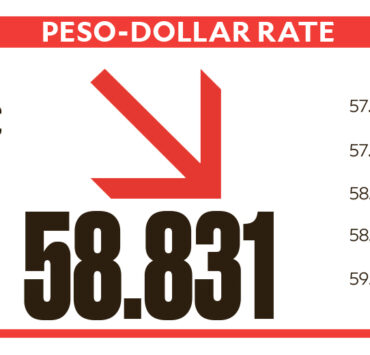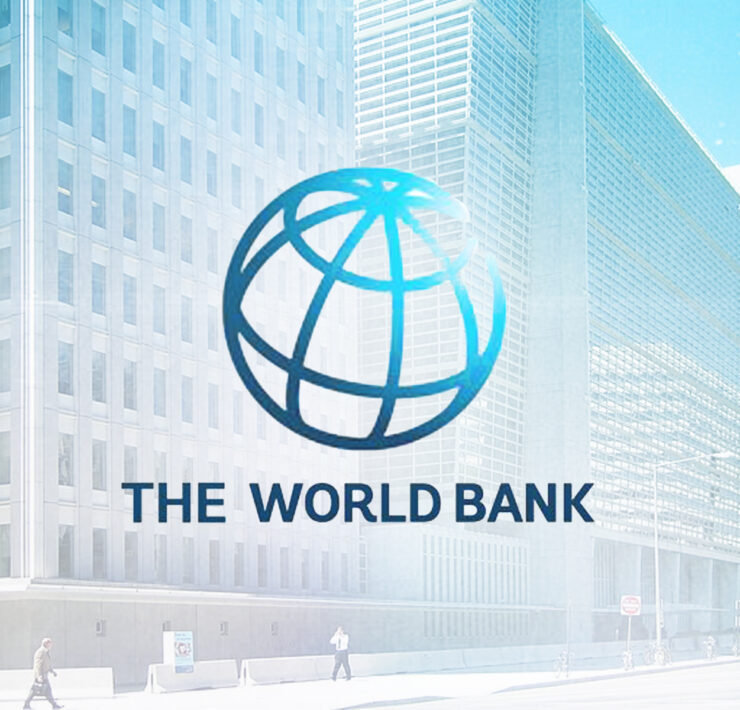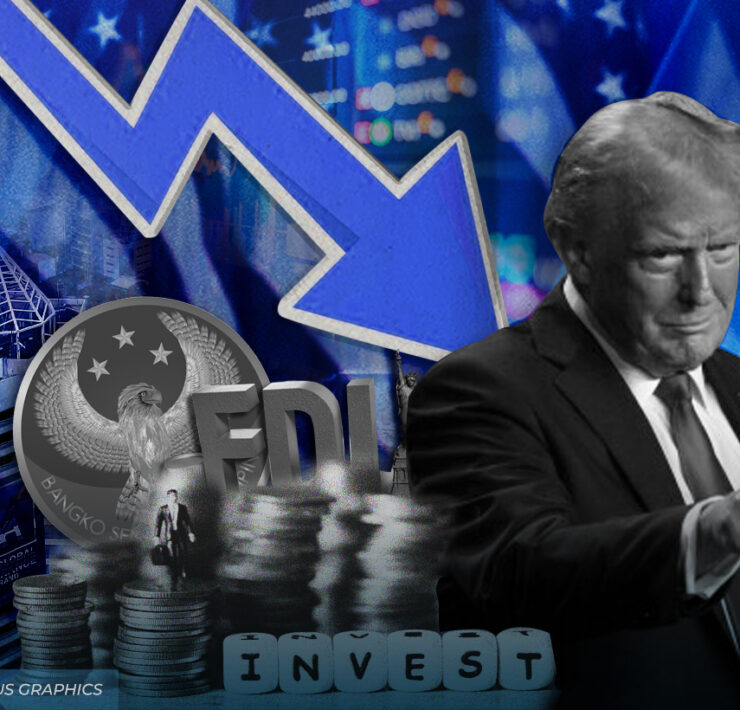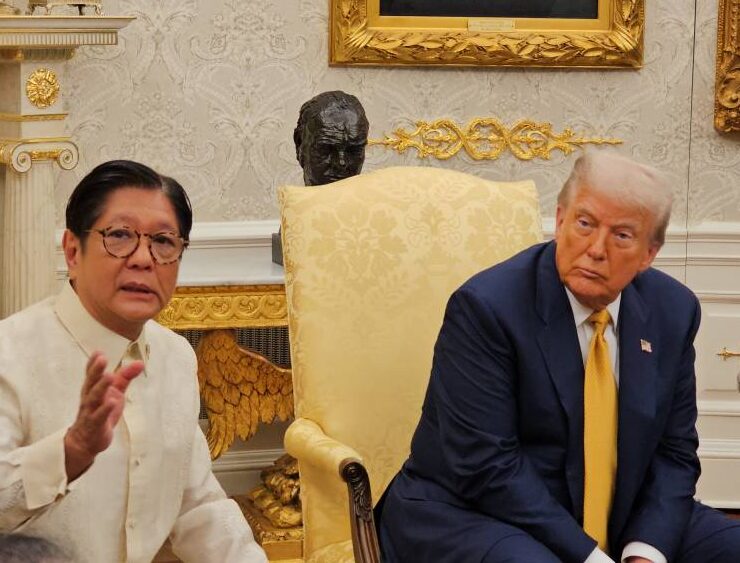European businesses brace for Trump return; Asian markets drop as Trump worries kick in
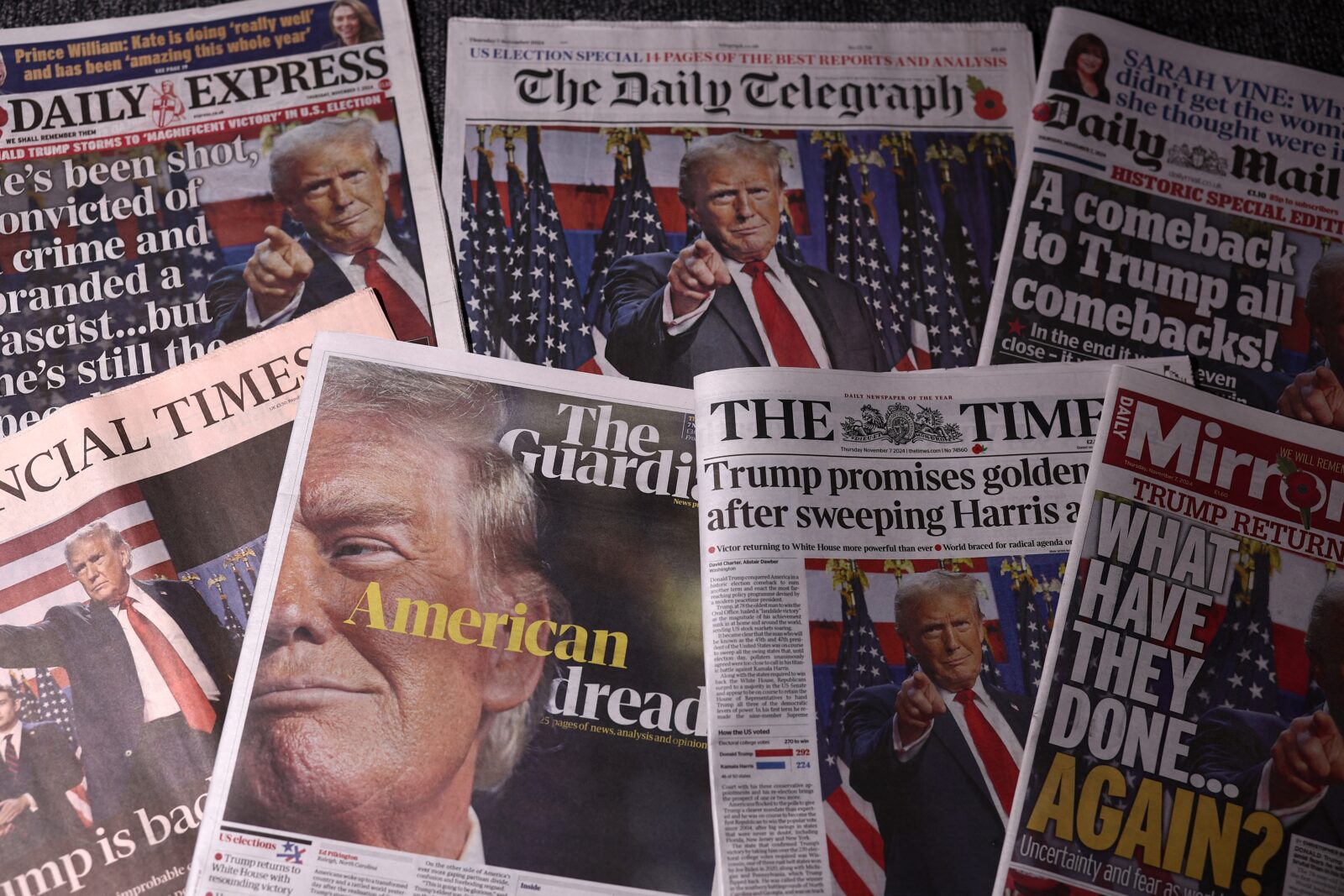
Paris, France–The return of Donald Trump and his protectionist agenda to the White House will likely rock US trade relations with the world, including Europe.
Here is a look at how sectors of the European economy could be affected after Trump pledged 10 to 20 percent tariffs on imported goods from everywhere except China, which would face a 60 percent duty:
Tough road for cars
More than one million new vehicles cross the north Atlantic every year, according to the trade association uniting European auto manufacturers.
German carmakers are particularly exposed as the United States is its second export market after China, where they are already reeling from falling sales.
German auto manufacturer association VDA warned Wednesday that “any change in the framework conditions can affect the economic situation of the industry and thus also employment in Germany, but also in the USA.”
That is because automakers have factories in the United States that would help them avoid extra levies.
BMW head Oliver Zipse noted that his group has a large production facility in South Carolina, where its best-selling SUVs are assembled, proving “some natural cover” against possible tariffs.
Francois Roudier, secretary general of the International Organization of Motor Vehicle Manufacturers, echoed that sentiment.
“Trump will not crack down on foreign automakers established in the South,” he said. “The Germans already have factories there; they will be encouraged to manufacture vehicles there.”
Bad for chemicals?
The chemical industry, dominated by German giants such as Bayer and BASF, also faces an uncertain future in the United States.
The United States is the most important export market for German chemical and pharmaceutical products outside the EU.
France, for its part, exported more than 17 percent of its pharmaceutical products to the United States in 2022, its largest market outside Europe.
“We find that the pharma sector is particularly exposed, especially in Ireland, Switzerland, Belgium, Denmark and the UK, but we do not expect a trade shock on their products,” according to experts at Allianz.

Bad taste for food
Europe’s agri-food business has bad memories from the first Trump term, when he imposed 25 percent tariffs on wine, cheese and cognac.
The United States is the top export destination for French wine.
France’s export-dependent cognac makers, already hit by Chinese tariffs, now fret over the prospect of new US levies.
“We just took a big hit with China, and now it’s the United States,” said Sabine de Witasse, who took over one of the last family-run cognac operations using a wood-fired boiler in the southwest region of Charente 30 years ago.
“My main client conducts almost all their business internationally, in China and the United States, so there will inevitably be repercussions,” she said.
Spain’s olive oil makers, the world’s top exporters, were hit with additional tariffs during the first Trump presidency.
The World Trade Organization deemed the tariffs illegal in 2021 but the United States has yet to follow the WTO ruling.
Spanish olive oil exports have tumbled by 70 percent since 2019.
Energy under fire
Trump’s victory will be a boon for the oil and gas industry while possibly hurting growth of renewable energy.
“Anyone who’s into renewables, and Europe is a lot more than the US on that, will suffer,” said Antonio Fatas, economy professor at the French business school Insead.
“I think there’s going to be much less demand from the US from these type of services,” he said.
Trump is particularly opposed to offshore wind farms.
“One of the points that obviously we have in mind when we consider the new administration is really offshore wind,” said Catherine MacGregor, chief executive of French energy firm Engie.
Engie has three offshore wind projects under development in the United States.
“Potentially one could imagine that a moratorium could be put in place. And we’ll have to see,” she said.
But, she added, “we believe this is something that obviously Engie can live through.”
Asian markets drop as Trump worries kick in after China disappoints
Asian markets sank Tuesday as worries about the impact of a possible trade war between China and the United States when Donald Trump takes office, which compounded disappointment about Beijing’s lack of extra measures to boost its stuttering economy.
The sell-off came despite another record close on Wall Street, fuelled by expectations that Trump will push through promised business-friendly policies and hopes that his administration will be pro-crypto, which saw bitcoin push to a new record close to $90,000.
While US investors are gearing up for another strong four years as Trump cuts taxes and eases regulations, their Asian counterparts — particularly in China — are keeping a wary eye on developments amid fears of another debilitating trade war.
During his election campaign, the Republican told crowds that he would impose tough tariffs on imports into the United States, including as much as 60 percent on goods from China.
Trump’s decision to pick China hawks for key positions in his Cabinet has added to fears the next few years could be bumpy.
“The real question circulating among FX players: when will Trump’s trade agenda charge out of the gate?” asked Stephen Innes, managing partner of SPI Asset Management.
“Wall Street is tentatively banking on a late 2025 or early 2026 timeline, allowing his team time to attempt diplomacy before reaching for the tariff stick.
“But word on the street hints that Trump could fast-track his tariff push, possibly leaning on current trade data from China to justify earlier action. And with China’s trade surplus on track to hit record highs this year, that showdown may not be too far off.”
Asian markets sank, with Hong Kong giving up more than three percent at one point, while Shanghai shed more than one percent.
Tokyo, Sydney, Seoul, Singapore, Taipei, Mumbai, Bangkok and Manila all lower. Jakarta and Wellington edged up.
London, Frankfurt and Paris fell at the open.
Beijing’s failure to announce any new stimulus at Friday’s much-anticipated news conference also continued to dampen sentiment, taking the wind out of investors’ sails after a raft of measures unveiled at the end of September fuelled a market rally.
A Bloomberg report that officials were looking to slash taxes on home purchases to help the ailing real estate sector did little to assuage traders.
However, some observers said the decision to come up short on stimulus last week may have been down to Chinese officials keeping their powder dry in order to react to the impacts caused by any Trump measures, such as tariffs.
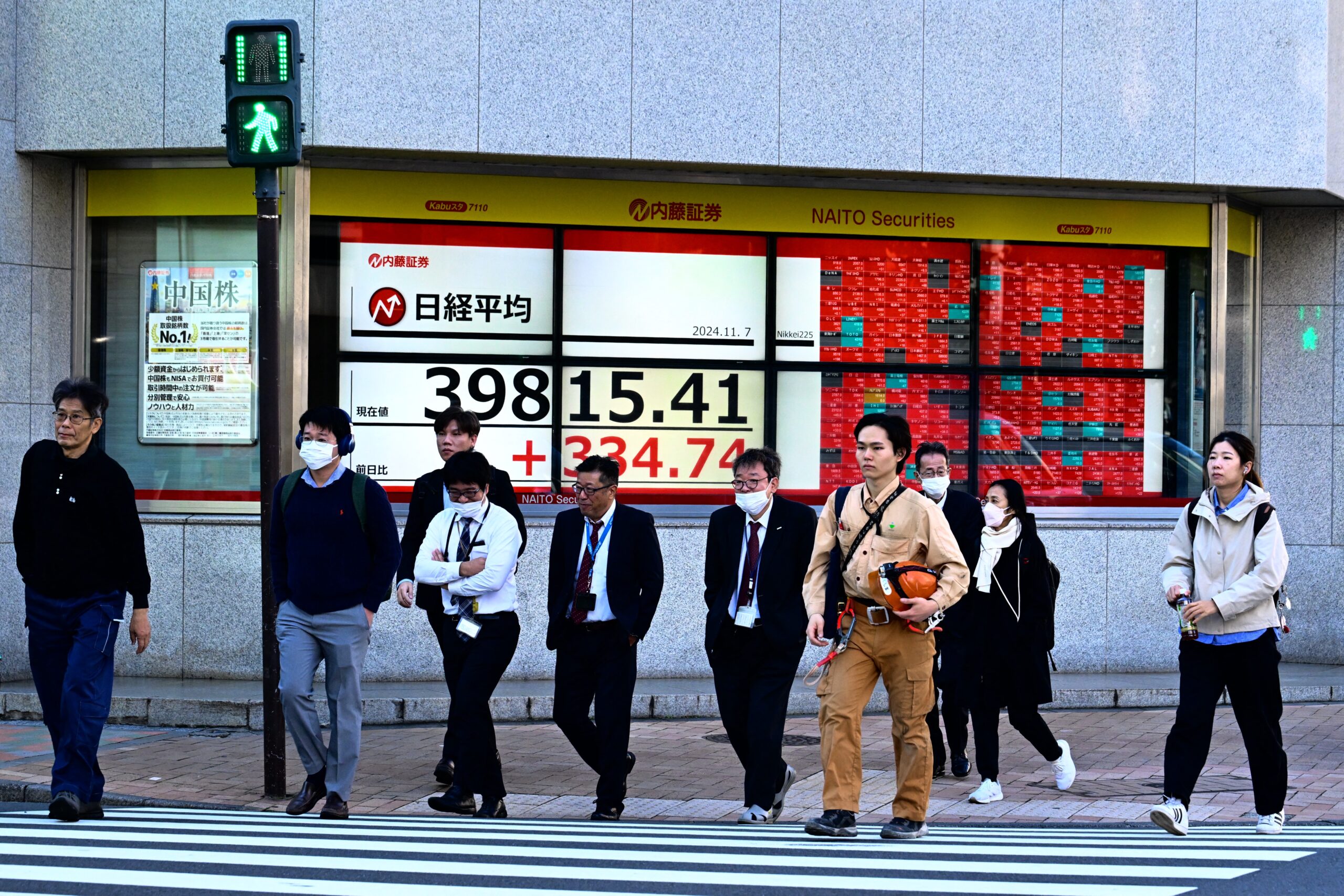
Dollar gains
The dollar extended gains against its peers that started after news of Trump’s election, which has sparked bets on a pick-up in inflation that could complicate the Federal Reserve’s plans to lower interest rates.
US consumer price index data due Wednesday will be closely watched as investors try to ascertain the bank’s plans for next month’s monetary policy meeting.
“We assume the Trump administration will deliver on their key policy proposals with the degree and timing of these policies the bigger uncertainty,” said National Australia Bank’s Rodrigo Catril.
“Most of these policies (lower taxes, tariffs, immigration, deregulation, unfunded expansionary fiscal policy) can be regarded as pro- growth and or inflationary.
“This means, all else equal, a shallower Fed easing cycle and a stronger dollar.”
In the crypto sphere, bitcoin hit a peak just above $89,968, putting it well within range of the key $100,000 marker.
AFP is one of the world's three major news agencies, and the only European one. Its mission is to provide rapid, comprehensive, impartial and verified coverage of the news and issues that shape our daily lives.














